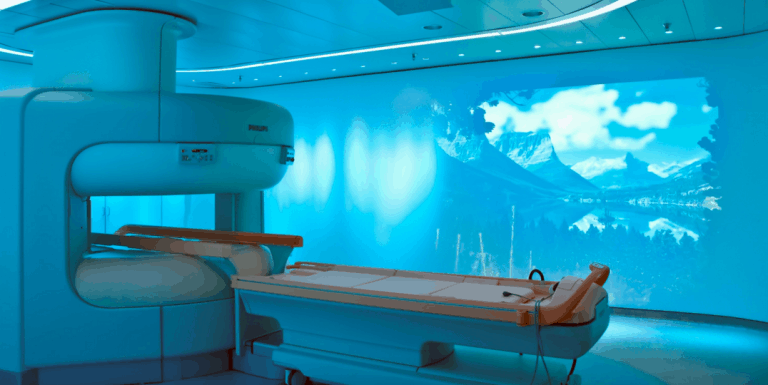According to the authors of a new study out the Harvard School of Medicine, “Sleep deficiency is a major public health problem.” The Centers for Disease Control tell us that about 25% of Americans occasionally suffer insufficient sleep, and 10% have chronic insomnia. Sleep disorders are connected with chronic diseases like diabetes, obesity, mood disorders, cardiovascular disorders and neurological conditions that draw heavily on our country’s medical resources. Not only that, but lack of sleep leads to poor coordination, planning, judgment and reflexes. How many car and machinery-related accidents occur because the operator had a rotten night’s sleep? The injury and death toll is tragic when slumbering soundly the night before might have prevented it.
The purpose of the Harvard study was to explore the link, if any, between sleep disruption and the risk of prostate cancer. I have posted many blog entries on the connection between prostate cancer (PCa) and such lifestyle factors as exercise, general diet, specific foods (carrots, nuts, cruciferous vegetables), supplements and stress management. But I have not addressed sleep, and the title of the study caught my attention. Before reading further, what do you think? Can disrupted sleep or not enough hours of sleep increase a man’s risk of prostate cancer?
The research team followed over 32,000 men in the Health Professionals Follow-Up Study who had self-reported their typical number of hours of sleep (duration) in 1987, 2000 and 2008. Among those studied, there were 4,261 PCa cases (563 deaths) through 2010. Another study cohort was over 19,000 men whose sleep disruption (broken sleep) was evaluated in 2004, and that group had 930 PCa cases (50 deaths) identified between 2004 and 2010. The team conducted statistical analysis to determine if there was any association between sleep insufficiency and the risk of PCa in general, and of lethal PCa.
The researchers found “no association between habitual sleep duration or change in sleep duration with the risk of advanced or lethal prostate cancer.” In addition, there was no connection with PCa risk and
- Waking up during the night
- Trouble falling asleep
- Waking up too early.
However, in 2004 6% of the men reported that they never felt rested when they woke up, and these men had an increased risk of developing lethal PCa vs. those who said they always felt rested upon waking—but the increase was too small to make any conclusions.
In summary, the study’s authors found “no consistent association between self-reported sleep duration or sleep disruption and any of our prostate cancer outcomes.” So if you suffer from poor sleep, you need not lose more sleep worrying about your chances of PCa, but there are many other health benefits from improved sleep. While stress in today’s world may be a fact of life, that’s no excuse for putting up with sleep deprivation. If you experience insomnia, or you wake up feeling tired day after day, talk to your doctor about the situation. We all deserve to sleep soundly at the end of a long day.
Copyright by Dan Sperling, MD. Reprint permission courtesy of Sperling Prostate Center (New York, Florida), the leading U.S. center for multiparametric detection, diagnosis and image-guided focal treatment of prostate cancer.
Read more in our Prostate Cancer Health Center.
Reference
Markt SC et al. Sleep Duration and Disruption and Prostate Cancer Risk: a 23-Year Prospective Study. Cancer Epidemiol Biomarkers Prev; 25(2); 1-7.







